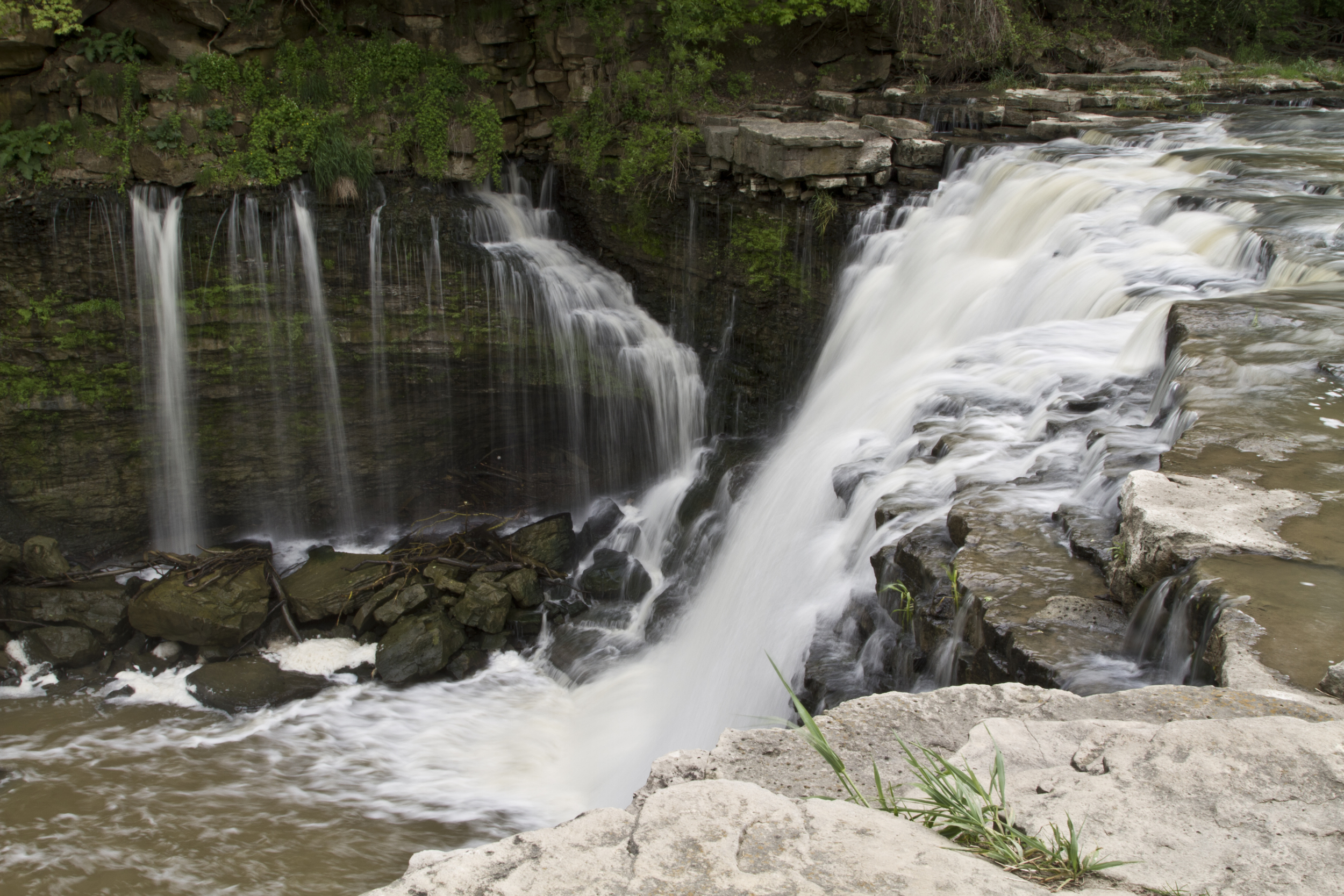
HGS Research Highlight - Coupled atmospheric, land surface, and subsurface modeling: Exploring water and energy feedbacks in three-dimensions
This post highlights the recent study by Davison et al. (2015) on the coupling of HGS to an Atmospheric Boundary Layer (ABL) model. Implementing the coupled HGS-ABL model the authors found ...
HGS Research Highlight - A simple iterative method for estimating evapotranspiration with integrated surface/subsurface models
This work presents an iterative, water balance based approach to estimate actual evapotranspiration (ET) with integrated surface/subsurface flow models. Traditionally, groundwater level fluctuation methods have been widely accepted and used for estimating ET and net groundwater recharge; however, in watersheds where interactions between surface and subsurface flow regimes are highly dynamic, the traditional method may be overly simplistic....
HGS Research Highlight - Schilling et al., 2014
The overarching goal of this study is to provide a quantitative basis for managing water resources in the semi-arid Tarim Basin in Western China. The increased use of surface water in the upstream of the Tarim River has led to the drying up of a stretch of over 300km, with devastating consequences for the riparian Populus Euphratica forests. To save these valuable ecosystems, the Chinese government initiated the “Ecological Water Conveyance Project”. The goal of this initiative is to stop the decline of the downstream ecosystems by periodically reducing the amount of water diverted for irrigation in the upstream. In order to provide quantitative guidance towards sustainable management, this project integrated ecological data with advanced mathematical modelling of surface water, groundwater and vegetation, using HydroGeoSphere (HGS).
